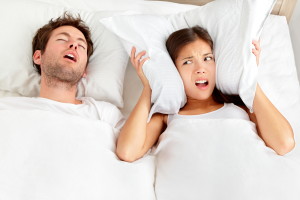Ever wonder why you’re still drowsy after a full night’s sleep, have a headache in the morning, or wake up in the middle of the night gasping for air? Alone, each one of these symptoms could mean you are sleep deprived, imbibed a bit too much the night before, or had a nightmare. But together, they (along with several other symptoms) may be a sign of a serious sleep disorder called obstructive sleep apnea.
What Is Obstructive Sleep Apnea?
Obstructive sleep apnea occurs when the tongue or throat muscles relax, partially or completely blocking the upper airway. This makes the chest and diaphragm muscles work harder to open the airway, which in turn taxes the heart. It also reduces the flow of oxygen throughout the body. Here’s a great overview of what obstructive sleep apnea is and why it’s a problem for your sleep quality, daytime alertness, and heart.
Unfortunately, many people with sleep apnea don’t realize they have the condition, at least not at first. Patients with sleep apnea may have fitful sleep. But the tossing and turning may not wake them up. All they know is that they have trouble waking up in the morning, have a headache, and are struggle to stay awake during the day. If that describes you, we encourage you to see your physician to get tested OR we can do many of the initial screenings right at our dental office!
An Oral Sleep Appliance Called a Mandibular Advancement Device Could Help
If you are diagnosed with obstructive sleep apnea, your doctor may recommend an oral sleep appliance. The official name of the appliance is a mandibular advancement device. We fit mandibular advancement devices at Eggert Family Dentistry and have been able to help many people with this life-threatening condition.
A mandibular advancement device positions the lower jaw slightly forward. Doing so also moves the tongue forward, reducing the chance of an obstructed airway. Take a look at how this type of oral appliance works:
If your doctor recommends a mandibular advancement device, give us a call to schedule your consultation. We’ll take impressions of your mouth so we can custom-design your appliance just for you. Once it’s ready, we’ll ask you to come into our office for a fitting so we can calibrate it so it’s comfortable and effective.
If you’re wondering if you may have sleep apnea, it’s time to make two calls: one to your physician and another to Eggert Family Dentistry. Contact us today to schedule your mandibular advancement device consultation.
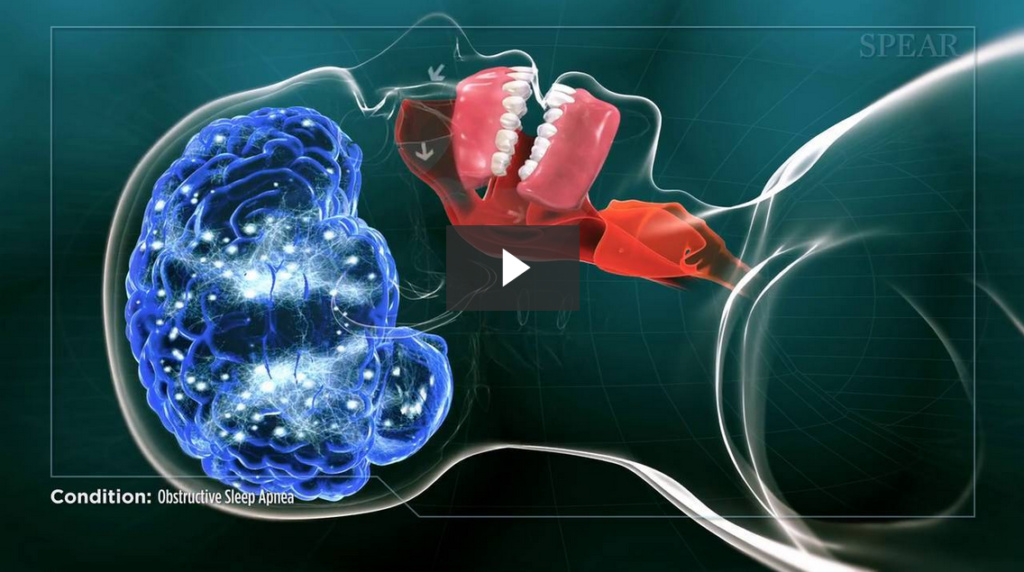
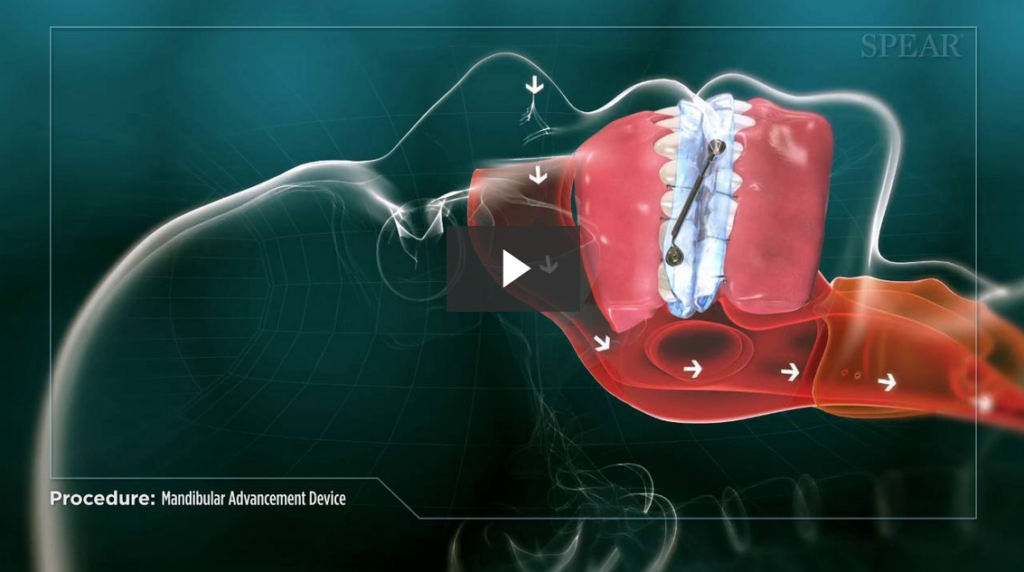
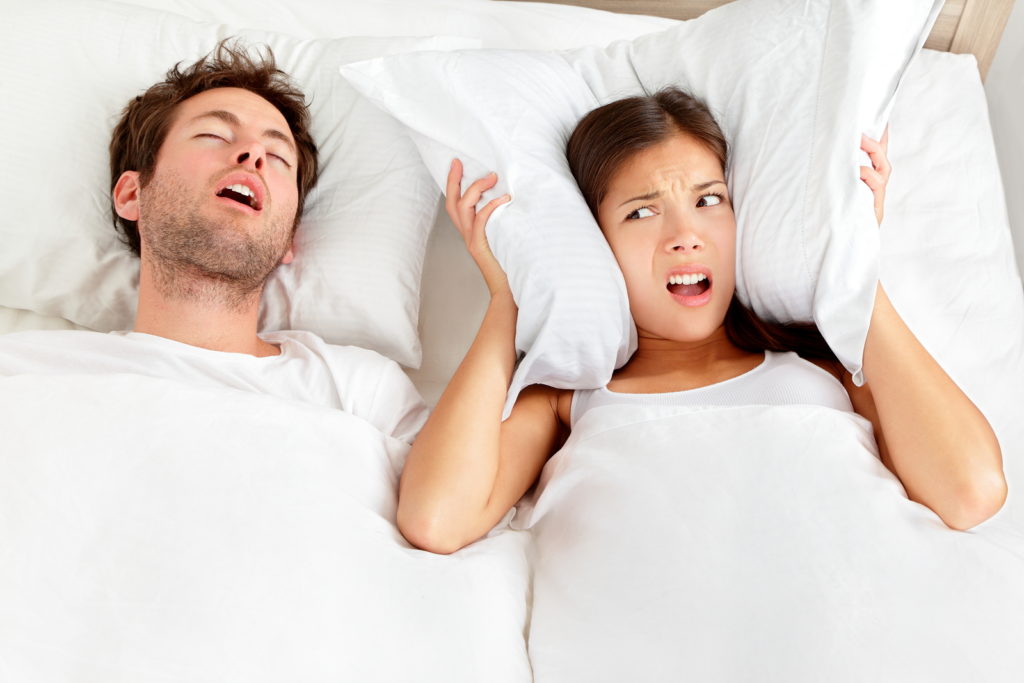
 These conditions may seem unrelated, but new research has found a connection between chronic headaches and sleep apnea and
These conditions may seem unrelated, but new research has found a connection between chronic headaches and sleep apnea and 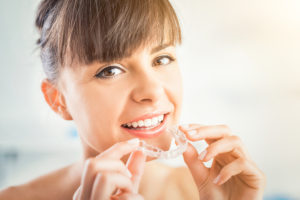 Once we’ve diagnosed you with TMJ disorder, we’ll discuss your options for treating it. Many patients benefit from an
Once we’ve diagnosed you with TMJ disorder, we’ll discuss your options for treating it. Many patients benefit from an 